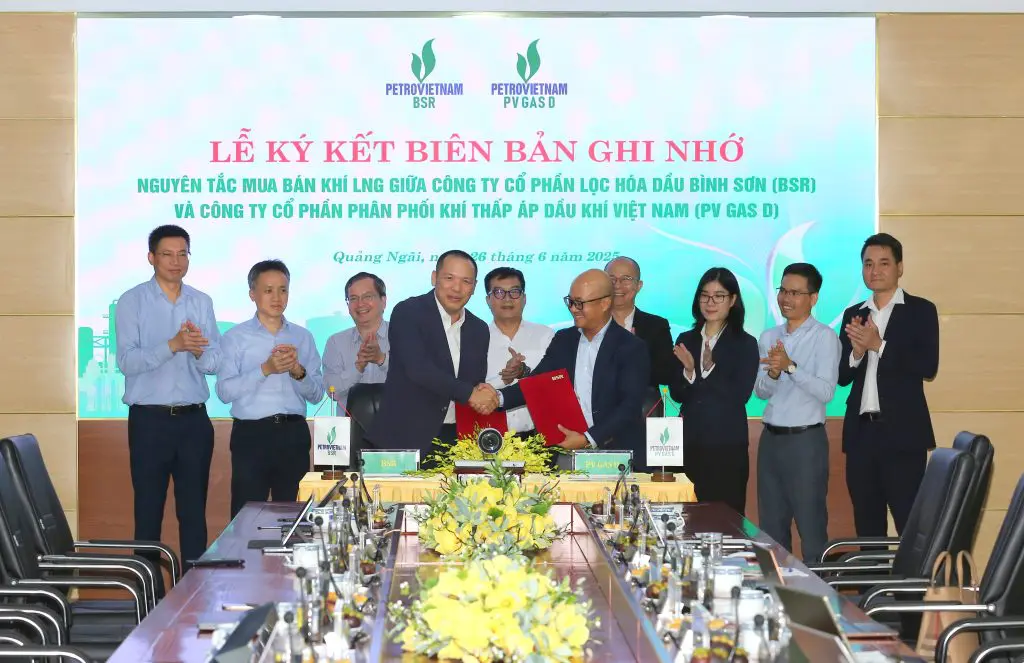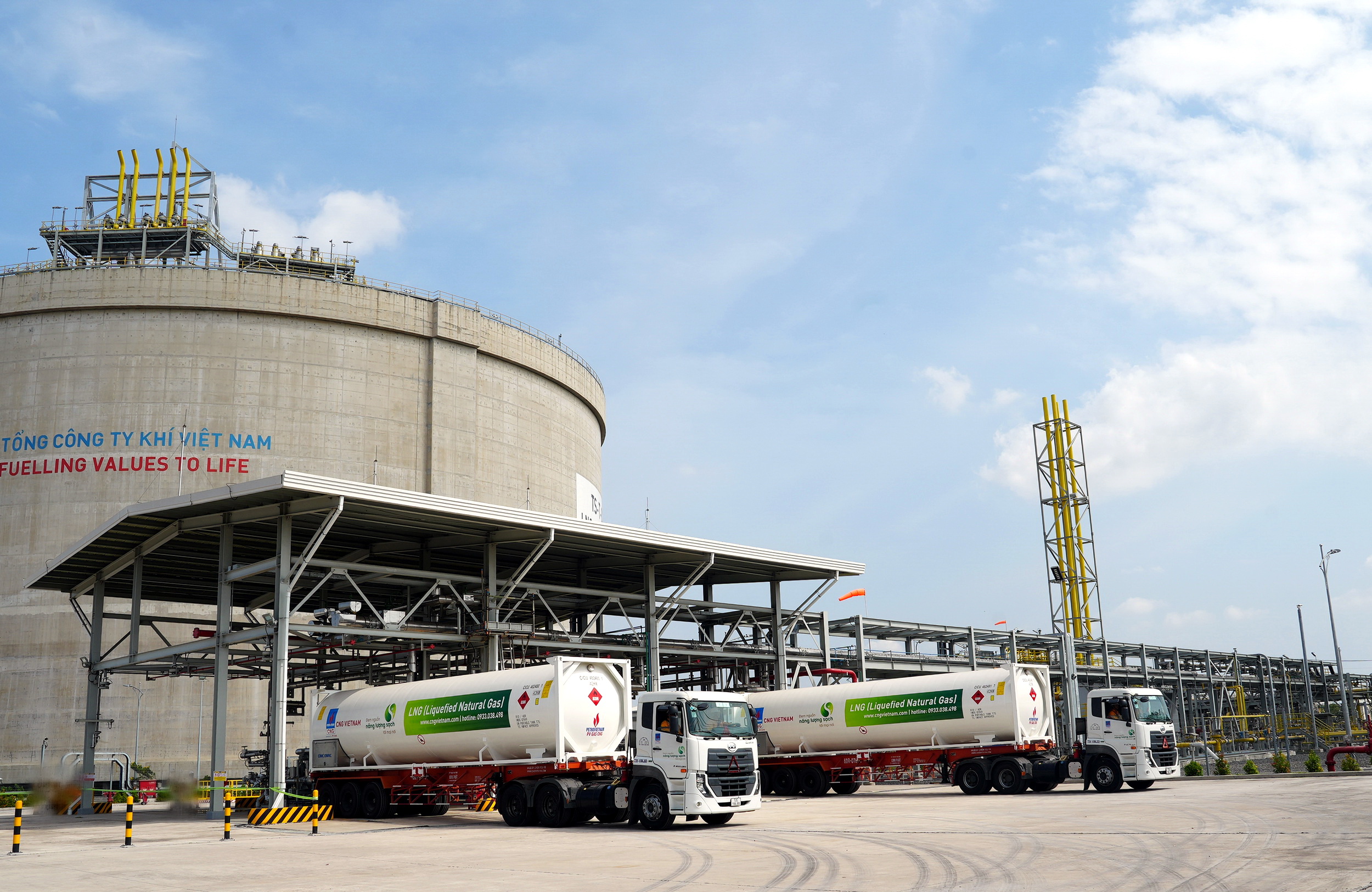This story requires a subscription
This includes a single user license.
BSR said in a statement that the agreement marks a “significant step” in the company’s roadmap to transition from traditional fuels to cleaner alternatives at it Dung Quat refinery.
“The MoU with PV Gas D is a key step in implementing the comprehensive cooperation between BSR and PV Gas, aiming to green production, cut carbon emissions, and develop the LNG value chain within Vietnam National Industry – Energy Group,” the company said.
BSR has been conducting technical and environmental assessments since 2023 to evaluate the use of LNG in production.
Results show LNG is a “cleaner, more efficient alternative that significantly reduces CO₂, SOx, NOx, and particulate matter emissions.”
Under the MoU, both parties agreed on the principles, scope, and responsibilities of the cooperation – especially focusing on using LNG to replace current fuels in accordance with the refinery’s technological retrofit timeline and LNG reception, transport, and storage capabilities.
BSR said this will serve as the foundation for the two sides to proceed to formal LNG trading agreements in the near future.

According to the PV Gas website, PV Gas D’s three large shareholders are PV Gas with the ownership of a 50.5 percent stake, Tokyo Gas Asia with a 24.978 percent stake, and Saibu Gas with a 21 percent stake.
Last year, PV Gas introduced three official distributors for LNG across Vietnam, including PV Gas D.
PV Gas operates the Thi Vai LNG terminal.
Launched in 2023, Vietnam’s first LNG import facility currently has a capacity of 1 mtpa, and it consists of one 180,000-cbm LNG tank, a jetty, and a regas area.
PV Gas plans to triple the capacity to 3 mtpa.
The company also revealed in March that it plans to deploy a floating storage and regasification unit in Vietnam next year, adding to its Thi Vai LNG import terminal.
In the period of 2026-2029, PV Gas plans to deploy an FSRU at its Vung Tau port.

